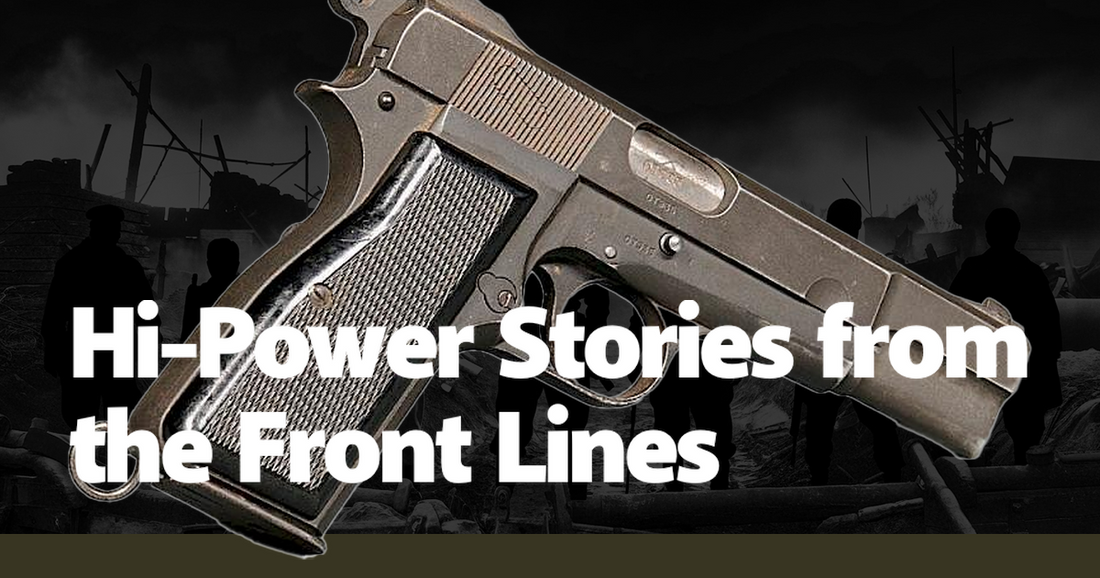In the early hours of dawn, when the world is still cloaked in darkness and the air hangs heavy with anticipation, the front lines are a place of both profound tension and unyielding resolve. The stories that emerge from these crucibles of conflict are not merely tales of heroism or tragedy; they are narratives that shape our understanding of courage, sacrifice, and the human spirit. One such story is that of Sergeant First Class David Hartman, a veteran of multiple tours in Afghanistan. Hartman's unit was tasked with securing a volatile region in Helmand Province, an area notorious for its insurgent activity. On one fateful night, Hartman and his team were ambushed while on a routine patrol. Despite being outnumbered and outgunned, Hartman’s quick thinking and leadership turned the tide, saving his men and repelling the attackers. His story is a testament to the indomitable spirit that thrives on the front lines.
The front lines are not only battlegrounds for physical confrontations but also arenas where psychological warfare plays a critical role. Take the example of Captain Sarah Thompson, a psychological operations officer deployed in Iraq. Her mission was to undermine enemy morale and gather intelligence through psychological tactics. Thompson’s ingenuity came to the fore when she orchestrated a series of broadcasts that sowed discord among insurgent ranks, leading to defections and significantly weakening their operational capabilities. Her efforts demonstrate that the front lines extend beyond the visible skirmishes, encompassing a broader spectrum of strategic maneuvers that are equally crucial to mission success.
In stark contrast to the high-intensity engagements, there are quieter yet equally compelling stories of resilience. Corporal James Rodriguez, an infantryman, found himself stranded behind enemy lines after a firefight in Syria. For seven days, Rodriguez evaded capture, subsisting on minimal rations and relying on his survival training. His ordeal ended when he managed to signal a rescue team using a makeshift flare. Rodriguez’s experience underscores the importance of endurance and adaptability, qualities that are often the unsung heroes of front-line narratives.
The front lines also reveal the complexities of modern warfare, where technology and human ingenuity intersect. Lieutenant Emily Clarke, a drone operator stationed in a remote base, played a pivotal role in a high-stakes operation in Yemen. Using advanced UAV technology, Clarke provided real-time intelligence and precision targeting, neutralizing a high-value target with minimal collateral damage. Her story highlights the evolving nature of warfare, where the front lines are not always physical spaces but can also be virtual realms where battles are fought and won.
Humanitarian efforts often find themselves intertwined with military operations on the front lines. Major Alex Chen, a military doctor, was deployed to a conflict zone in South Sudan. Amidst the chaos of war, Chen set up a makeshift clinic, providing medical care to both soldiers and civilians. His tireless efforts not only alleviated suffering but also fostered goodwill among the local population, proving that compassion can be a powerful weapon in the arsenal of front-line warriors.
The camaraderie forged on the front lines is another compelling aspect of these stories. Specialist Maria Lopez and her team were conducting a reconnaissance mission in the dense jungles of Colombia. When one of her comrades was injured, Lopez’s unwavering support and resourcefulness ensured his survival. Their bond, strengthened through shared hardships, exemplifies the profound connections that develop in the crucible of conflict, where trust and loyalty are paramount.
Front-line stories also bring to light the ethical dilemmas faced by soldiers. Lieutenant Mark Daniels found himself in a morally precarious situation during a mission in Somalia. Tasked with capturing a notorious warlord, Daniels discovered that the target was using human shields. His decision to abort the mission to avoid civilian casualties, despite the strategic setback, reflects the complex moral landscape that front-line soldiers navigate daily. Daniels’ story is a poignant reminder that the front lines are not just about physical confrontations but also about the ethical battles waged within.
Finally, the front lines are also places of profound personal transformation. Private First Class Aisha Khan enlisted in the military to escape a troubled past. Deployed to a conflict zone in Eastern Europe, Khan faced numerous challenges that tested her limits. Yet, through these trials, she discovered a newfound sense of purpose and strength. Khan’s journey from a troubled youth to a decorated soldier encapsulates the transformative power of front-line experiences, where individuals are forged into resilient warriors, forever changed by the crucible of conflict. These Hi-Power stories from the front lines are more than just accounts of war; they are narratives that illuminate the depths of human courage, ingenuity, and resilience.

